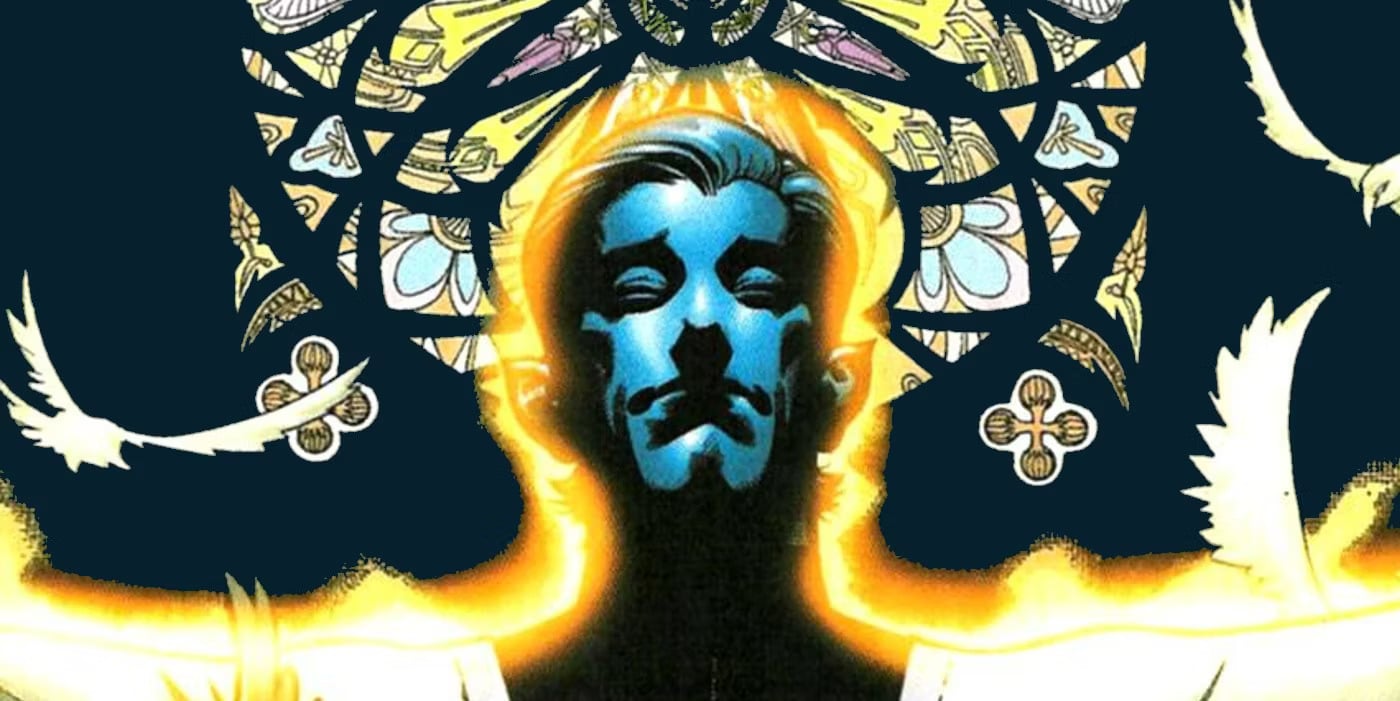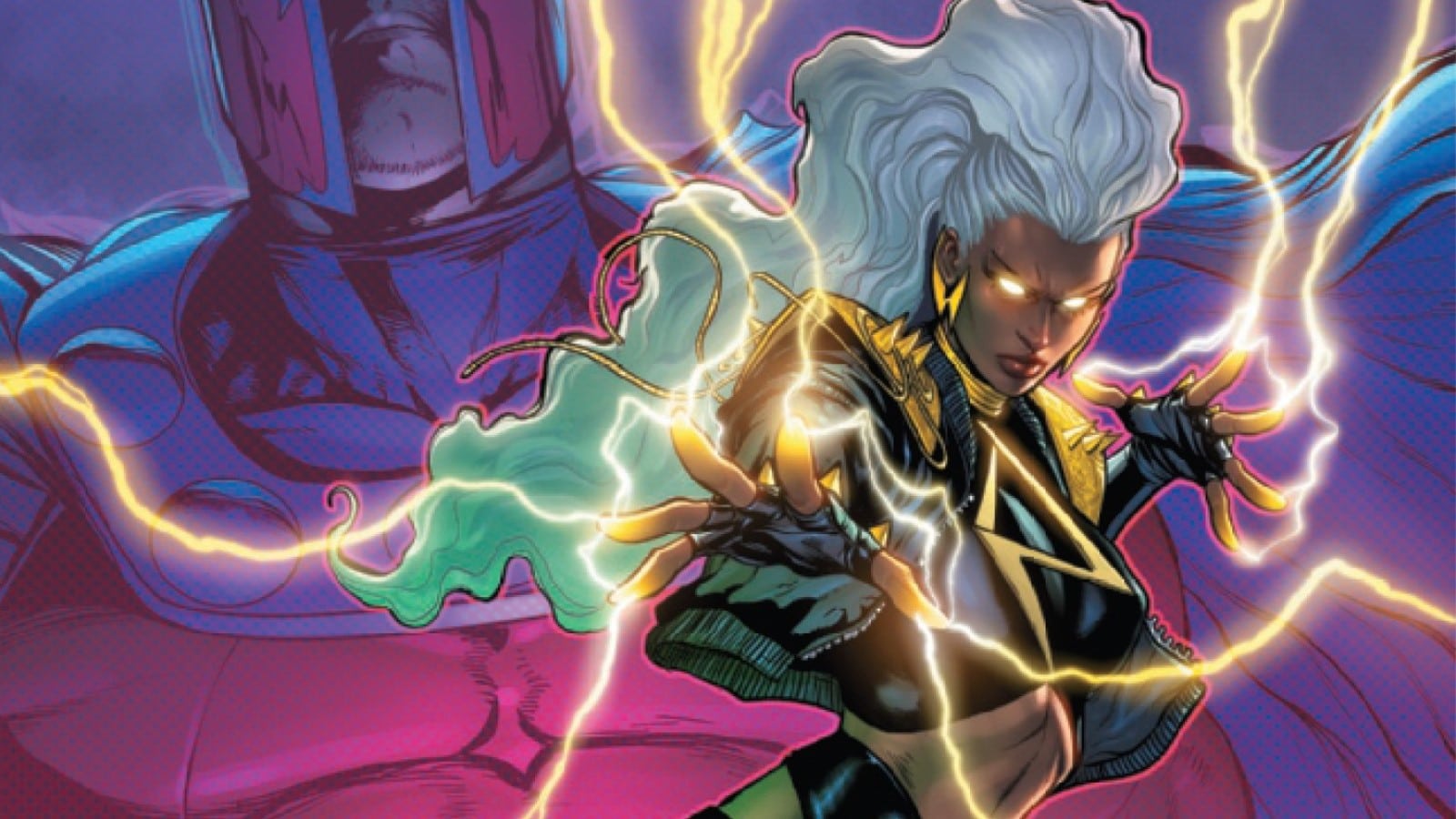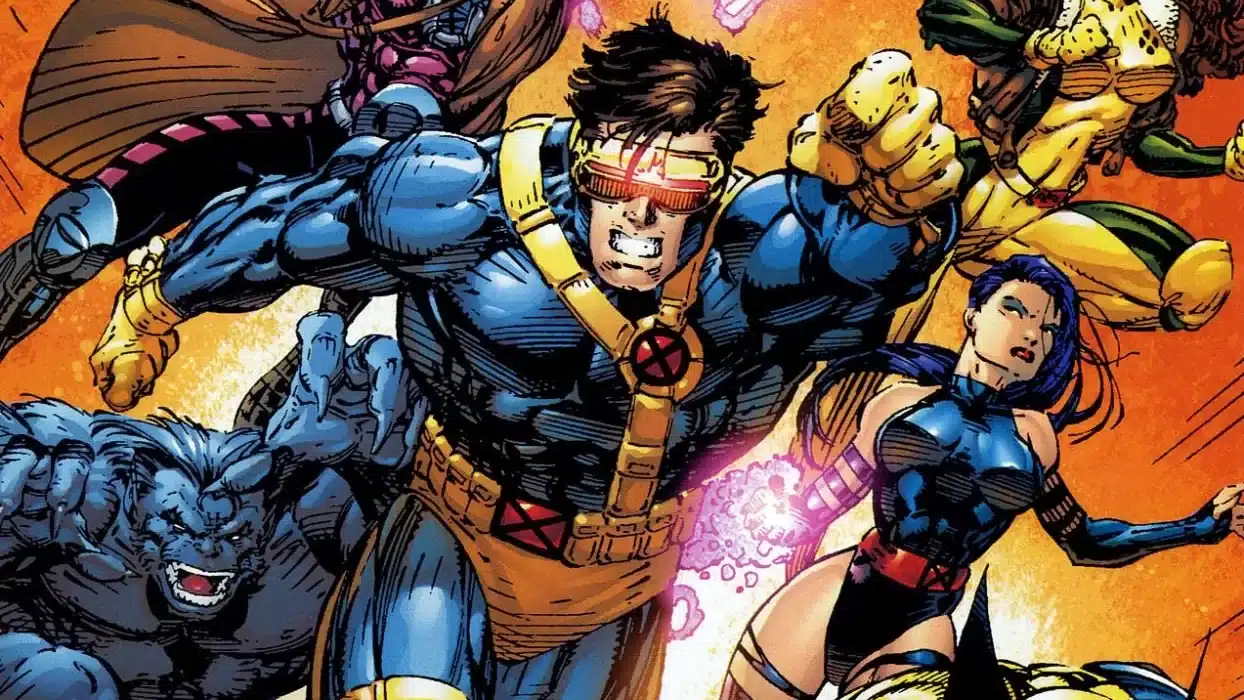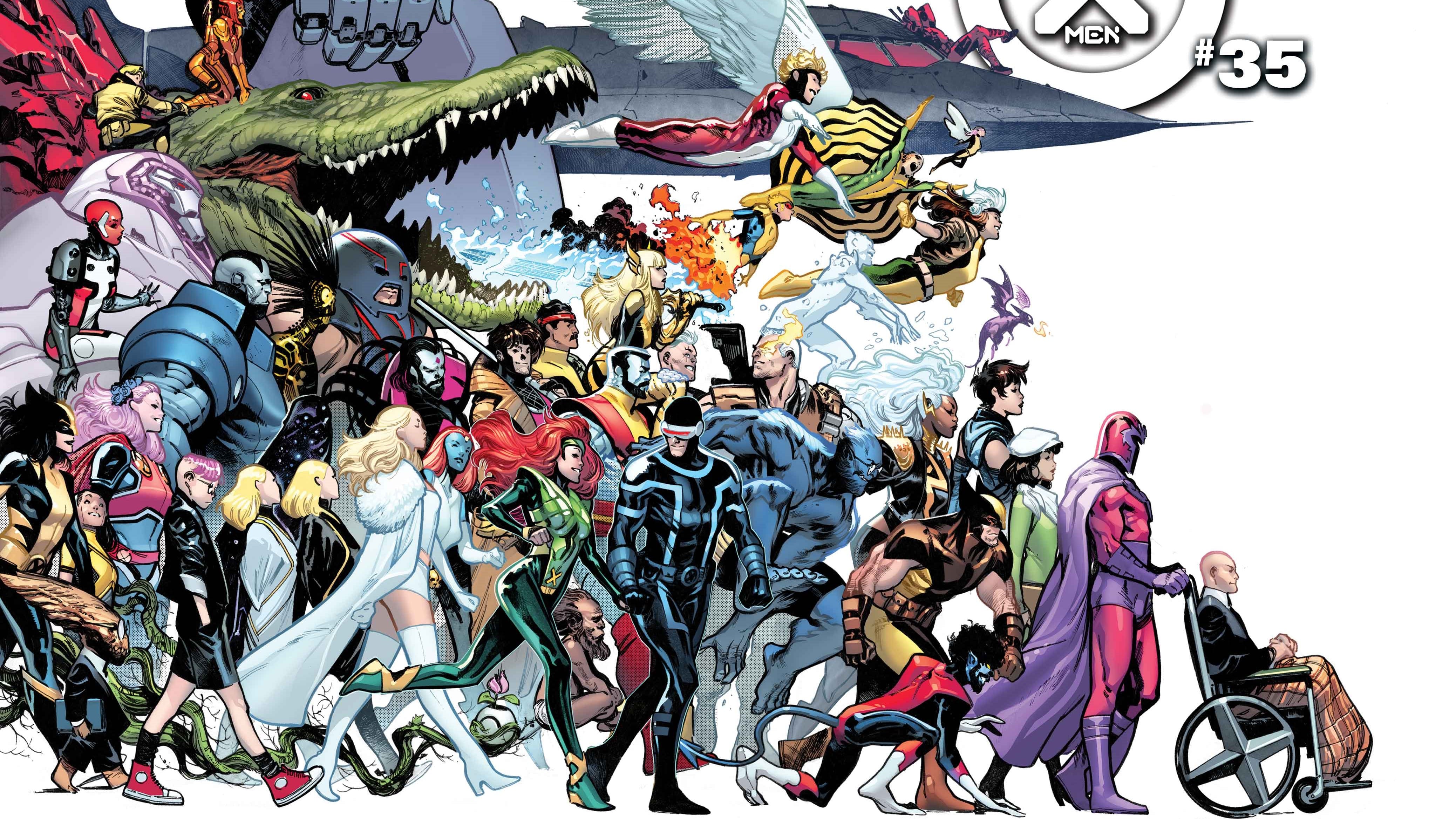Looking Back at Denny O’Neil’s Iron Man, and Marvel’s First Black Flagship Hero
The first time I encountered Denny O’Neil’s Iron Man, he was wandering New York in the snow on a December night. His hair was shaggy and unkempt, a wild beard hanging off his chin, and his stained dress shirt was dangling loose from well-worn slacks. He spent the last of his cash on a bottle of liquor, drinking it on the side of a road. He tried to comfort a dying woman, and failed. By the end of the night, he would be dying, too.
I’m not sure I was prepared for this when I fished that issue out of my brother’s longbox some time in the early 1990’s. But, then again, I’m not sure the world was ready for it a decade earlier, either. Because O’Neil’s Iron Man wasn’t your typical superhero comic; indeed, in some ways, it wasn’t a superhero comic at all. It was something odder, and darker, and ultimately more powerful than that: a picture of pain and progress in four-color print.
The legacy of Denny O’Neil, who died last month after a storied career as a writer and editor, has by now been detailed and lauded in ways my own recollections could hardly amplify. Much of the focus has, quite justly, been on his time at DC Comics, where he pioneered the socially conscious era of storytelling with his run on Green Lantern/Green Arrow and revived Batman for two different generations. But it’s his time at Marvel – and specifically his run on Iron Man during the early to mid-1980’s – that has always resonated with me for the very particular fact of its oddness: it’s a run about a character that, on a basic level, the author kind of loathed.
Speaking at a round table in 2013, as reported by The Beat, O’Neil was blunt about his opinion of the character when he took over the title in 1982. “My problem with Tony Stark…I hated the bastard.” O’Neil, a self-described radical of the hippy generation, saw Stark as everything corrupted in the American self-identity, with his contributions to the military industrial complex, his smug self-satisfaction with inherited wealth, and, perhaps most damning, his unshakeable conviction that his inventive genius and technological innovations made him heroic to a superhuman degree. All of the techy confidence that other Iron Man writers have found to be Stark’s central source of heroism – from David Michelinie in the ‘80’s, to Matt Fraction, to Dan Slott – were, to O’Neil, proof of his human emptiness. Tony Stark was capitalism personified, and O’Neil didn’t like the person he saw.
But there was one inroad to humanity underneath the smarmy exterior: Tony Stark drank. Michelinie, at the start of the run preceding O’Neil’s, had introduced readers to this fact in the storied “Demon in a Bottle” arc, in which Stark descends into alcoholism under the weight of mounting pressure in his life. The story was a landmark for the character, humanizing him in a way entirely foreign to Iron Man readers up to that point. But reading it today, the arc feels surprisingly perfunctory, as if alcoholism were an inconvenience to be swatted away by sheer force of will alone. By the end of the story, Stark has pulled himself up by his bootstraps and back to sobriety, no recovery programs or damaged life required. Heroic individualism was reaffirmed.
For O’Neil, who had himself entered recovery for alcoholism a decade earlier, this would not do. In an interview with the Marvel Epic Podcast, he mockingly summarized the ethos behind Stark’s self-propelled recovery: “It’s this macho thing of, all you have to do is man up. Suck it up. You’ll get past this. Addiction is for sissies or girls.” For Tony Stark’s addiction to be convincing – for it to matter as a part of the character and his place in the world – it had to be a long, honest, sometimes brutal struggle. It had to show him that he wasn’t above mankind, but a broken part of it, and that the way to survival was through the faith of his friends and his society and not through the triumph of his ego alone. In O’Neil’s words: “There’s a moment in every alcoholic’s life where you realize, ‘oh my God, my life is ruined, and I ruined it. And you start back up into the sunlight or you die.’” Here at last was the path to Tony Stark’s humanity, and it required rebuilding him from the ground up.
This is a gambit that O’Neil would play again and again during his comic book career, from stripping Oliver Queen of his fortune, to working with Frank Miller to bring Matt Murdock to rock bottom, to breaking Bruce Wayne’s back. But on Iron Man, it took an unexpected path. While O’Neil might have been perfectly happy following an armor-less Tony Stark on his journey through recovery, Marvel was still a company in the superhero business, and that meant that somebody had to be punching the Mandarin and his henchmen in the meantime. So into the suit stepped James Rhodes, Stark’s friend, pilot, and confidante from Michelinie’s run – and, not quite incidentally, a Black man.
Small as it seems today, this was something new under the comics sun. There had been Black heroes before, of course, but never before had there been one who assumed the role of the titular hero in a flagship franchise. Rhodes wasn’t just filling in for Iron Man: for a generation of readers in the mid-‘80’s, he was Iron Man, especially since he was the man behind the armor during the seminal Secret Wars maxi-series that gave Marvel an enormous dose of media exposure in the middle of the decade. Even apart from the stories themselves, this fact matters in the history of superhero publishing. A major Marvel hero was Black, and readers did not revolt or abandon the title. Comics could dare to be inclusive if only they were allowed to be.
So it’s ironic that the stories themselves paint something of an ambivalent portrait of Rhodes as a hero. On the one hand, it’s undeniable that there is something instantly appealing about this version of Iron Man. Rhodes is human and relatable in a way that Stark never was, able to connect with friends and strangers alike without the aloof distance of his millionaire predecessor. Where Stark exuded the superiority of one to the townhouse born, Rhodes took on the Iron Man identity with a mixture of trash-talking swagger and genuinely humbled awe at his new ascension to the ranks of superheroes. Putting on the armor for the first time, he monologues: “Somebody’s got to do something…and I guess I’m elected. Tony’s put his heart and soul into this joint – I can’t let it be wrecked overnight by a nut case. I just realized I’m putting on the suit. Me – Jim Rhodes! Soon as I drop this helmet on I’ll actually be Iron Man!” And then, after a pause, the pivot to everyday humanity: “Then what?”
But for all the appeal Rhodes brings to the series, the fact remains that he never quite gets to be the hero of the story. In order for Tony Stark’s story to end in triumph, he needed to reclaim his mantle, and that meant that somebody else had to lose it. That Rhodes had proved himself to readers in the meantime as someone who had earned his place at the forefront of Marvel characters didn’t matter. He could never know it, but his place was as a tragic hero all along. He was doomed to failure before he even started.
Rhodes’ tenure as a superhero begins promisingly enough, to be sure, as he proves his mettle against the Beyonder, moves to California to start his own business, and realizes to his surprise that he’s been accepted among the other top-flight heroes of the Marvel Universe. But as Tony’s life tracks upward toward recovery after that lonely night in the snow, Rhodes’ slides steadily downward. As he watches Stark begin to climb back toward control of his company, Rhodes starts to show alarming signs of paranoia over whether he can, or should, remain the “real” Iron Man. His temper flares around his old boss, his moods become more erratic. He throws wild tantrums, crushing a suit of armor in front of Tony and shouting, “This, big brain! This is what’s bothering me!” To which Tony replies, “I think you’re seriously disturbed I think you need help!” Now it is Rhodes forced to ask for help and hit rock bottom. In one particularly embarrassing episode, Rhodes awkwardly ends a date night after being unable to “relax” (“Blast! I never had a problem relaxing before!”). Any readers who managed to miss the metaphor of Rhodes’ impotence in the face of his new power just weren’t trying.
This would all be fine were Rhodes just any replacement. But oddly enough, neither O’Neil nor Marvel ever seemed fully aware that he was always something more. To subject Marvel’s first A-list Black protagonist to an arc of failure, climaxing with his willing surrender of his heroic identity to a white patron, was to undercut whatever political statement his prominence had been likely to make. The fact that this never occurred to either the creators or editors involved with the story is perhaps a sign of Marvel’s blindness to the full scope of the social questions they were confronting – and one that may have been rectified had there been, at that point, more editors and creators of color able to confront them within the company.
Yet for all of this, the run remains a landmark. Not only for its honest and sometimes brutal depiction of addiction and recovery, and not only for taking the first, tentative steps toward an equitable and inclusive pantheon of Marvel heroes. It is also, above all else, a relentlessly entertaining read. O’Neil, and Rhodes, won over readers because Iron Man was (maybe for the first time) a comic that was always worth reading. And if that comic happened to star a Black hero – well, who was going to complain? It was progress: deeply imperfect, and not altogether satisfying, but progress nonetheless. I think Rhodey would have understood the feeling.






